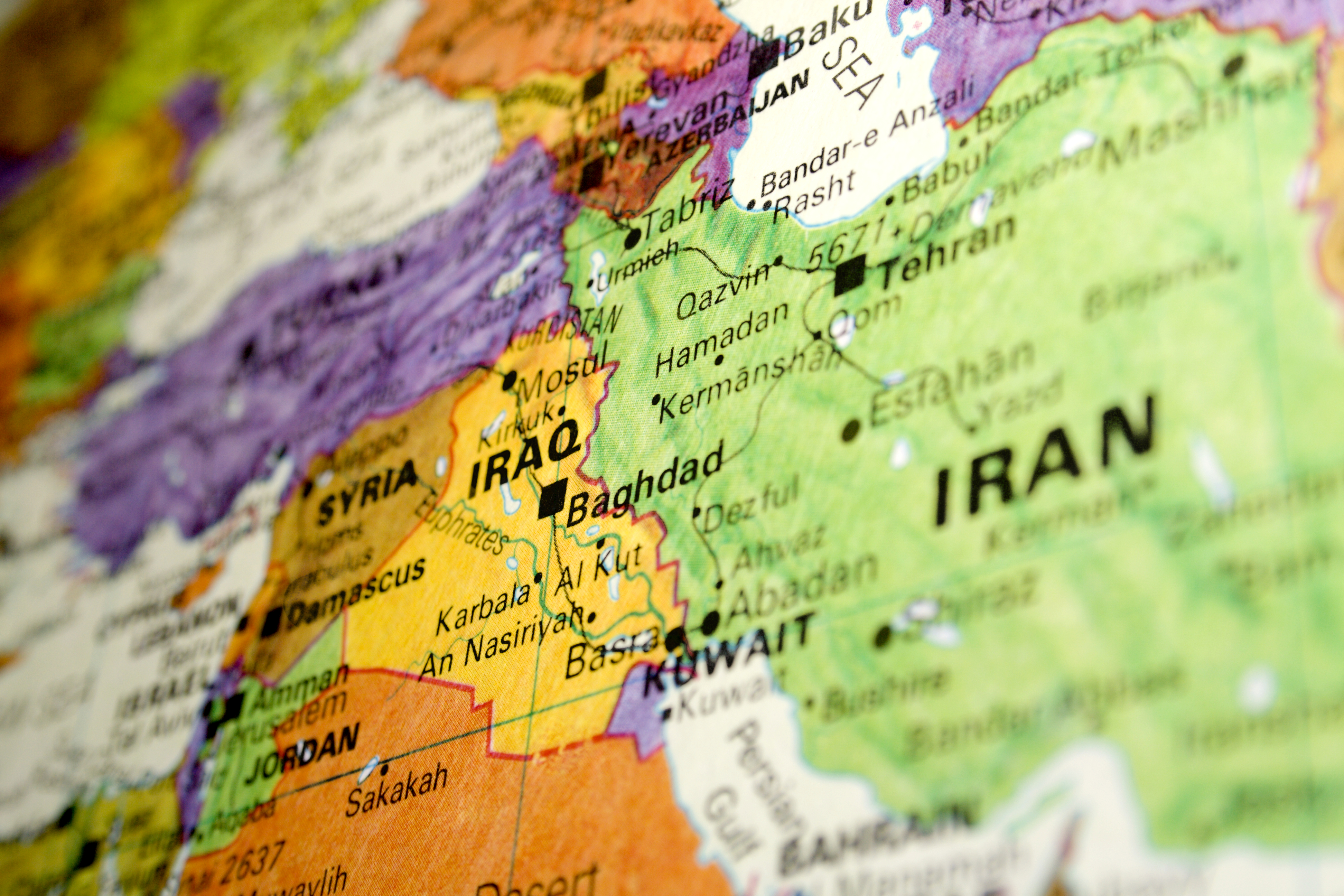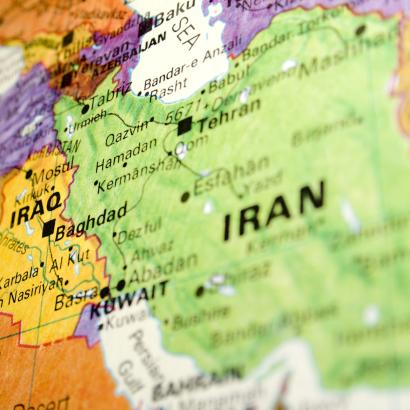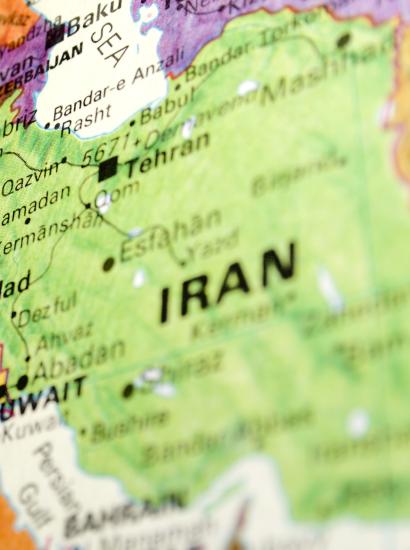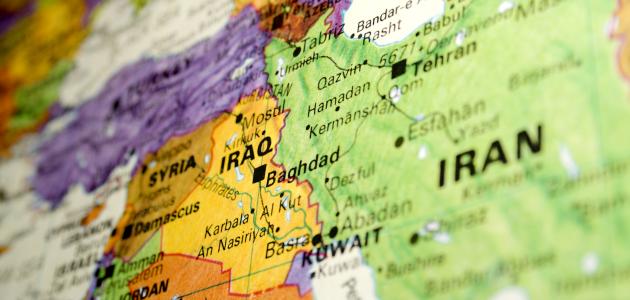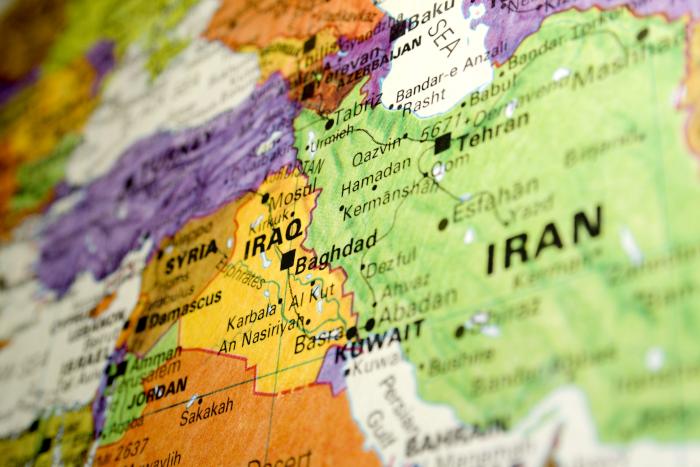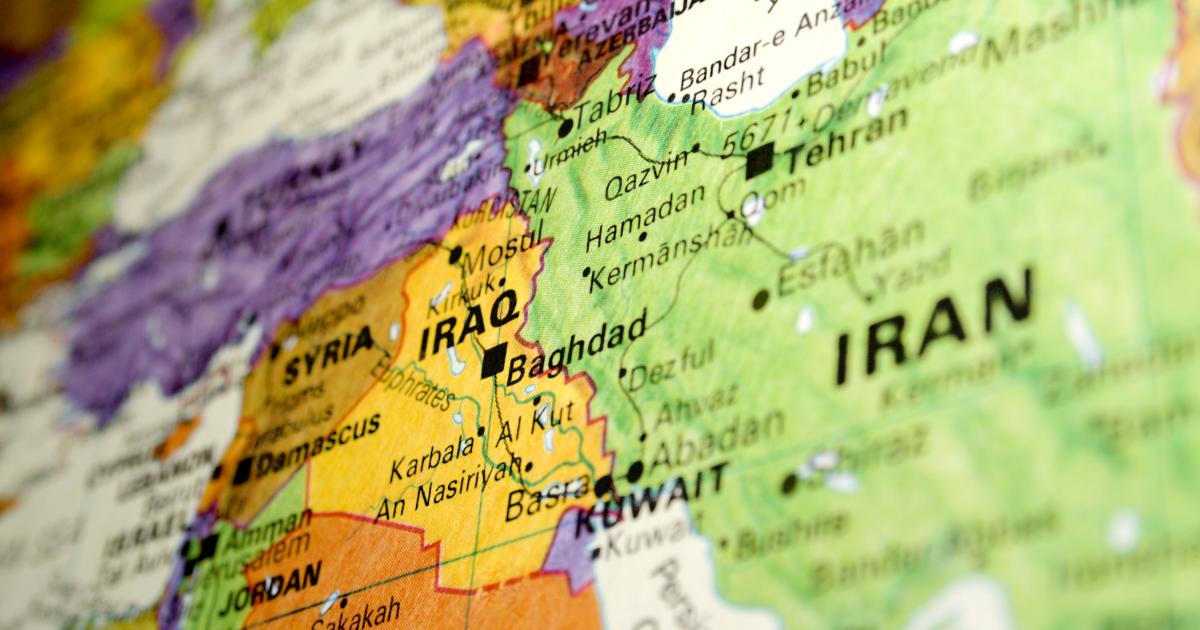- International Affairs
- US Foreign Policy
President Obama has made the Iran nuclear deal a centerpiece of his foreign policy legacy. Republicans rallied in opposition, along with key Senate Democrats, but because of a prearranged agreement with the White House, opponents were unable to block the Iran deal or even cast a dissenting vote.
What does this recent debate indicate regarding the likely role of foreign policy issues in the presidential election next year?
One interesting aspect of the Iran debate was that the more people heard about the nuclear deal, the less they liked it. Last spring, most polls showed a majority of Americans in favor of such an agreement. Yet once the details of it emerged this summer, and proponents as well as critics were given a chance to make their case, a large number of Republicans, Democrats, and independents were persuaded by the opposition. A September Pew Research Center poll indicated that 21% of Americans approve of the nuclear deal. Another 49% said they disapprove, with the rest saying “no opinion” or “don’t know.” A striking proportion of 70% say they are skeptical that Iran will uphold its end of the bargain.
One might say the White House won the fight, but lost the argument. And this will have consequences moving forward, well beyond the issue of Iran.
Consider the historical context. For many years, liberals and conservatives have differed on how to best pursue American interests and values overseas. Indeed, these differences date back to the aftermath of the Vietnam War. Liberals at that time tended to be skeptical regarding the use of force overseas, favoring instead a strong emphasis on multilateral organization, global governance, and non-traditional issues such as the environment. One political scientist called this new perspective “accommodationist,” as an accurate description of the post-Vietnam liberal point of view. Most liberals in the 1970s believed that international cooperation could be encouraged by a more accommodating, peaceful, and diplomatic approach toward America’s adversaries, including the Soviet Union. Conservatives never accepted this view. But even during the Carter presidency, there were still plenty of conservative Southern Democrats committed to anti-Communism, so ideological differences over foreign policy did not always line up with partisan ones. It was not until the Reagan years that party and ideology began to align more closely on foreign policy.
Fast-forward to 2015, and the basic philosophical division between liberals and conservatives over foreign policy isn’t really all that different. A recent study by the Chicago Council on Global Affairs, “America Divided: Political Partisanship and U.S. Foreign Policy,” found that while a majority of both Democrats and Republicans support America’s engagement in the world, they differ on precisely how to do it. Democrats are more likely to emphasize climate change, support for the United Nations, and diplomatic outreach to adversaries such as Cuba, North Korea, and Iran. Republicans are more likely to emphasize Israel’s positive role in the Middle East, the threat of Islamic fundamentalism and the potential use of force against ISIS, Iran, and/or in defense of Israel, the need to provide weapons to Ukraine, keeping troops in Afghanistan after 2016, and recognizing the economic and military challenges posed by China.
Conservatives as well as liberals have returned to their traditional postures on foreign policy, rooted in deep-seated, historical and philosophical differences over America’s role in the world. Today, those differences line up with partisan divisions more neatly than in the 1970s, because the two parties have realigned with Democrats more thoroughly liberal, and Republicans more thoroughly conservative.
In general, these divisions over foreign and national security policies have tended on balance to benefit Republicans more than Democrats. This was certainly true under Nixon and Reagan, as well as during the 2004 re-election campaign of George W. Bush. Bill Clinton managed to win two elections, not because he was viewed as superior on foreign and defense issues – he wasn’t – but because these issues were not salient to most voters during the 1990s. Barack Obama may be viewed as the exception to this rule. In 2008, while most Americans respected Senator John McCain’s credentials to be commander-in-chief, the median voter was tired of the Iraq war, disappointed with President Bush, and open to unconventionally dovish foreign policy arguments from an unconventional candidate. In 2012, after the successful strike on Bin Laden, national security was effectively taken off the table for Republicans once again. Voters were simply in no mood to hear hawkish criticisms of existing policies.
What has happened during Obama’s second term, especially over the past year, is that more voters view the president’s foreign policy approach as inadequate, seeing Obama as overly cautious. The position of current New Hampshire front-runner Bernie Sanders – that Obama is too aggressive overseas, militarily - is shared by about 10% of the public. The mainstream Republican position, that Obama is too cautious, is now shared by a majority of Americans.
The debate over the Iran nuclear deal has been crucial because it has illustrated basic and sincerely held differences on foreign policy. The first view is the U.S. should be willing to take significant risks, and make significant concessions toward our adversaries in the hope that these may trigger positive domestic and foreign policy changes from hostile regimes. This is the view of most liberals, together with President Obama. The second view is such concessions involve undue risk, and should be rejected in favor of continued vigilance and pressure against America’s adversaries. This is the view of most conservatives.
In all probability, the 2016 presidential election will present voters with a clear choice between two distinct foreign policy alternatives. Neither alternative will be isolationist – and neither will focus primarily on regime change. The Democratic nominee will likely argue that whatever Obama’s mistakes, on balance he got more right than wrong, and voters should embrace his foreign policy legacy, including the Iran nuclear deal. The Republican nominee will likely argue that it is time to stop offering generous diplomatic accommodations to self-described adversaries, and instead push back against them, using policy tools including economic sanctions, strengthened alliances, and military deterrence. The debate over the Iran deal captured, as well as any foreign policy controversy from the Obama era, some essential differences between liberal and conservative foreign policy. Voters have now been reminded of those essential differences. Next year, unlike the past two presidential elections, those same foreign policy differences are less likely to favor liberal Democrats.
Colin Dueck is an associate professor in policy, government, and international affairs at George Mason University, and author of The Obama Doctrine: American Grand Strategy Today (Oxford, 2015).







